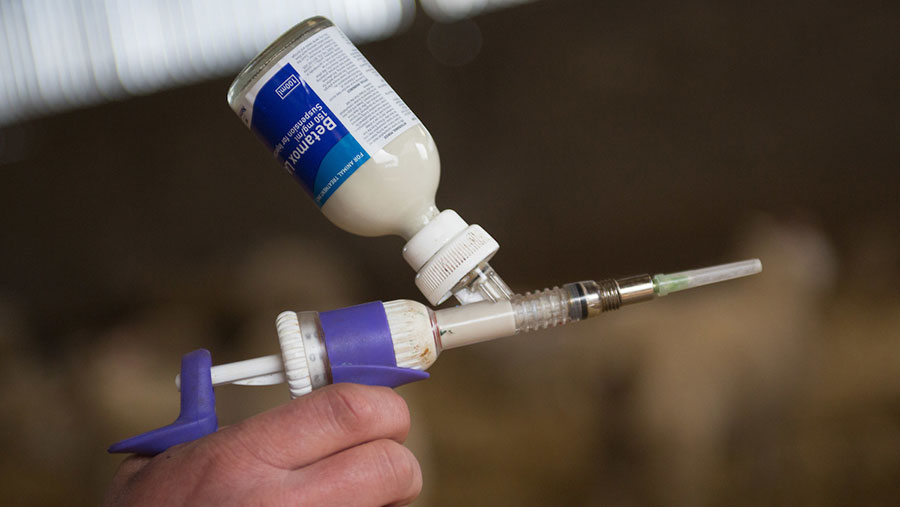Farm antibiotics use lower in UK than Europe, report shows
 © Tim Scrivener
© Tim Scrivener A report has reiterated the need for responsible antibiotics use in humans and animals and confirmed the use of such medicines is relatively low on UK farms compared with many European countries.
The use of highest priority critically important antibiotics in UK farm animals were reported to be low and significantly below the European average.
Results
The report indicated that, in 2014, UK antibiotics use for humans was about average within Europe (Europe: 124mg/kg; UK: 129mg/kg) but 60% below average in animals (Europe: 152mg/kg; UK: 62mg/kg).
The report, jointly produced by the European Centre for Disease Control, the European Food Safety Authority and the European Medicines Agency, analysed the use of antibiotics and occurrence of antibiotics resistance in bacteria from humans and food-producing animals.
It identified a connection between resistance to fluoroquinolones in salmonella and campylobacter bacteria from humans and the consumption of fluoroquinolones in animals, although the report stressed resistance is complex and caused by multiple factors.
Ruma reaction
John FitzGerald, secretary general of Responsible Use of Medicines in Agriculture (Ruma), welcomed the report but said it is important farmers are aware of their role in managing the risk of antibiotics resistance and drug-resistant livestock infections.
He added the report highlighted the importance of further antibiotics use reductions across the board but believes “each local situation in each country needs its own multifaceted approach”.
“There has been a tendency for critics to promote alternative farming systems or demand blanket implementation of rules in other countries, when what we actually need is to reduce use in a sustainable way that safeguards animal welfare,” said Mr FitzGerald.
